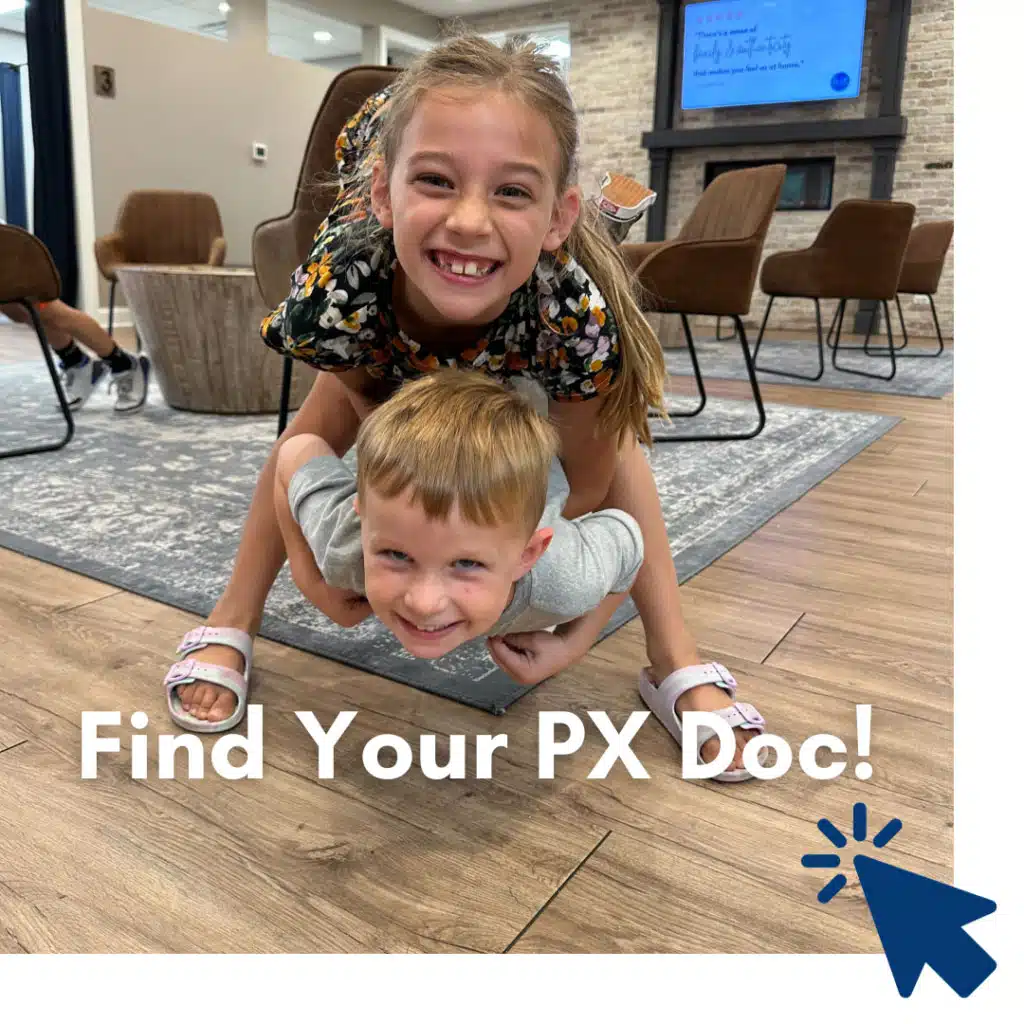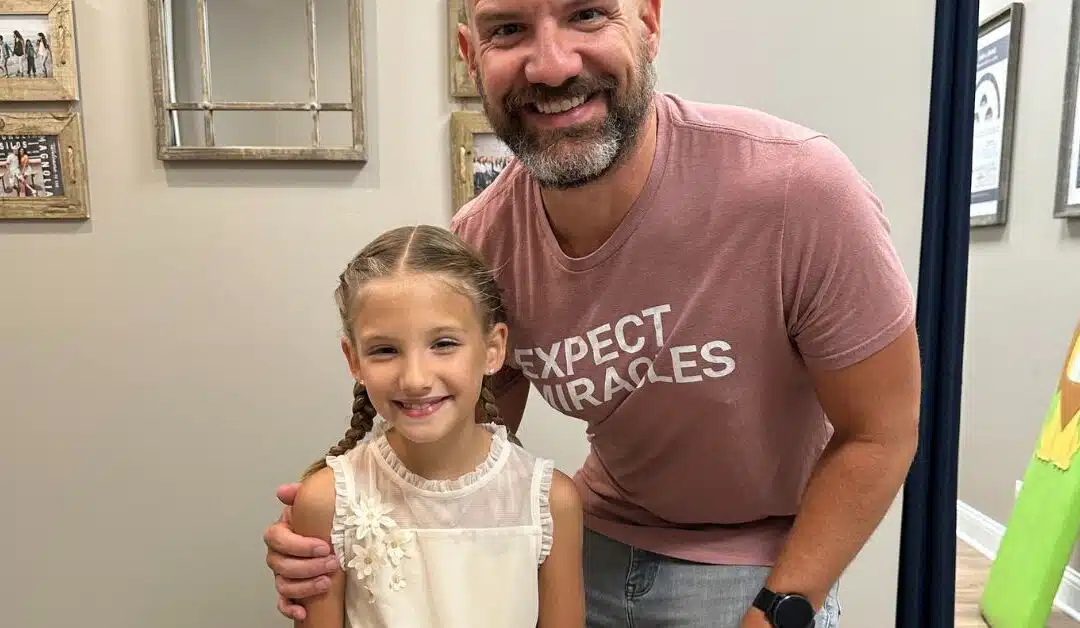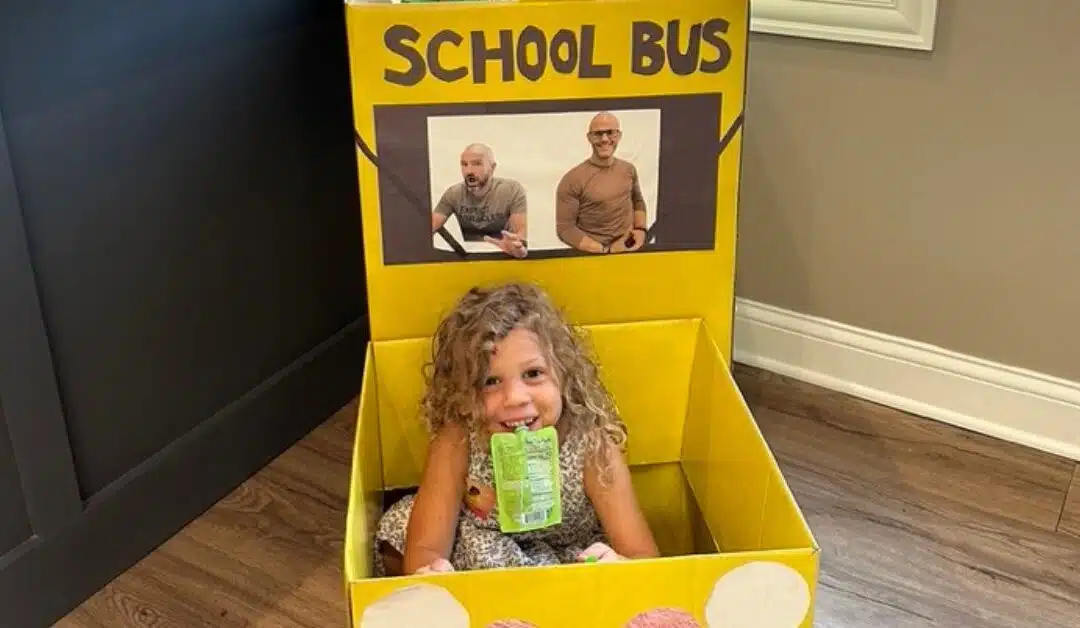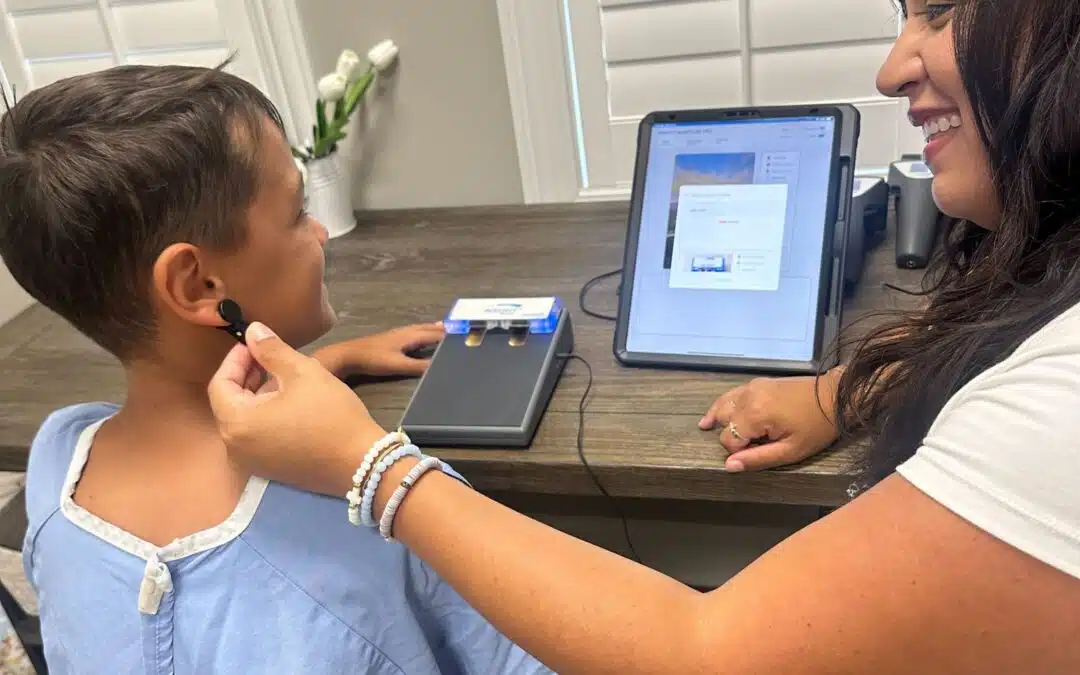1. Do They Have Advanced Pediatric Education + Training
While we all know that no matter the industry, education is not everything in and of itself. But taking care of kids, and especially tough neurological or chronic illness cases, absolutely requires additional and advanced training for a pediatric chiropractor that goes far beyond taking care of the spine, back pain, sports injuries, and the things in standard chiropractic education.
In order to really achieve clinical proficiency, a Pediatric Chiropractor should have at least an additional 80-100 hours of advanced training, be actively involved in ongoing advanced training still today, and is the sort of doctor you can tell is constantly looking to learn, improve, and find ways to get even better clinical results at all times.
The most advanced and focused training available in the profession right now for Pediatric + Family Care is found through The Pediatric Experience (www.PXDocs.com).
2. Do They Have a High Level of Clinical Experience?
First off, this does not mean that your child’s Pediatric Chiropractor needs to have been in practice for a certain number of years or is a certain age. Honestly, some of the top Pediatric + Family Chiropractors in practice today are very young, but they chose to focus all of their advanced training and clinical experiences (internships, associateships, etc.) in high-level pediatric programs and offices.
Speaking from experience (pun not intended lol), my 6 months working with Dr. Mike Cody in Fox River Grove just before graduation was the most pivotal and helpful 6 months of my training I could have ever hoped for. I learned more about taking on tough pediatric cases and what really matters in getting clinical results with kids during that time than the 7 years of combined education I had before that.
Many chiropractors awesomely have a big heart for taking care of kids and may even have put the word “Family” in the name of their practice… but day-to-day see very few kids and still end up with 80-90% of their patients being adults with back pain, neck pain, and spinal problems. Chiropractic is so wonderful for helping adults with those things, but it does mean then they likely just don’t have enough “reps” to really take care of kids at the most advanced levels as a pediatric chiropractor. This would especially be true for tougher neurological cases like Autism, ADHD, Anxiety, Seizures, Sensory Processing Disorder, and so forth.
3. Do They Incorporate Advanced Neurological Examinations (INSiGHT Scanning Technology)?
Is your pediatric chiropractor using our INSiGHT scanning technology, or still rely solely on simple and standard exams like posture and palpitation alone? I cannot sing the praises of this advanced technology enough. Personally, I don’t feel we should even be providing chiropractic care for simple cases like low back pain without first measuring the patient’s central and autonomic nervous system function with this amazing technology and the NeuroThermal, EMG, and HRV Scans that are a part of it.
Looking to make functional and long-lasting changes to neurological function means two things. First, you have to get a baseline measurement to really know what you’re dealing with and put together a perfectly customized and personalized neurological care plan and adjusting approach for that patient (the next two main points we’ll discuss). And second, you need to then utilize this technology to continually track and measure progress.
When we ask parents who previously saw other “family” chiropractors and didn’t see the results they wanted if there were any continued progress evaluations, exams, scans, or ways to measure if real change + improvements were happening… the answer is always no, there was not.
One thing to really watch out for is if your child’s adjustments are pretty much the exact same thing every single time on repeat. If a pediatric chiropractor does not utilize scanning technology (and a tonal approach to adjusting we’ll discuss next), this is almost always the case.
4. Do They Utilize a Multitude of Adjusting Techniques, Especially Neuro-Tonal Approaches?
This is getting super nerdy and granular with how chiropractic really works and gets the best results, but yet we can keep it really simple by saying what should be quite obvious — every single case is different.
Each child has their own unique case history with different forms of birth trauma, toxins, illness, and emotional stress that negatively affected their nervous system. If a pediatric chiropractor does not consider all of these different factors and then personalize and “match” the adjusting technique and approach they use to that child’s specific needs… they should not expect to get positive clinical results in many cases.
Our Doc Team is literally trained and experienced in every single chiropractic technique and adjusting approach taught, and we don’t choose our “favorite” of what we like to do. We always choose with just one single rule in mind — what is needed for that child to get the best clinical results.
This one actually goes back to #1 and #2 above, where if you don’t have the right training and education on a multitude of techniques and the experience and clinical system to know which one to use when… you’re just not going to get the same level of results as someone who does.
5. Will They Put Your Child on a Competent + Customized Care Plan, Starting With Enough Frequency and then Recommending Enough Duration of Care?
This is one of those things where something so simple can have a profound impact. If the care plan (how often a child is adjusted each week and for how long) is incompetent and not enough, then put simply, there can be no expectation that your pediatric chiropractor can achieve solid clinical results.
The care plan frequency and duration are so pivotal and important that we actually created an advanced, scientific approach to care planning and utilize it with each and every patient. We’ve now taught this neurologically-based care planning system to nearly 1000+ other Pediatric + Family Chiropractors in our advanced training program that is held in conjunction with Life University in Georgia, and it truly makes all the difference in the world in helping ensure we get the level of clinical results that parents are looking for!
If a general family chiropractor does not have an advanced and updated care planning system and the recommendations for your child were just 1-2x per week, or worse 1-2x per month only… then there was no chance they’d be able to get real neurological change and results, given our understanding of how stressed and subluxated kids are today. Unfortunately, many certified pediatric chiropractors still lack this element since many other certification programs do not teach modern, advanced care planning and case management protocols.
You can find our network of advanced, experienced docs at www.PXDocs.com.





